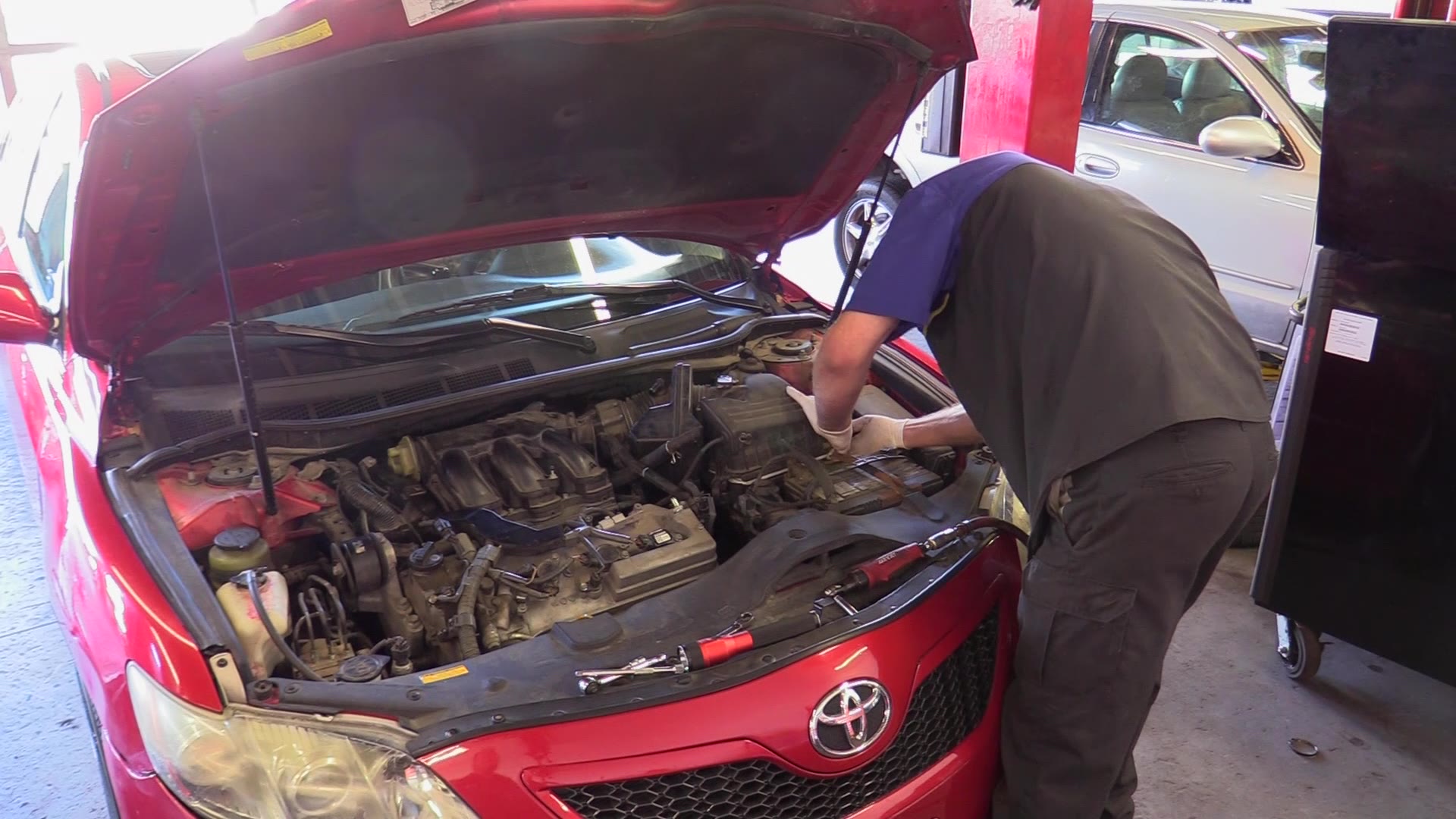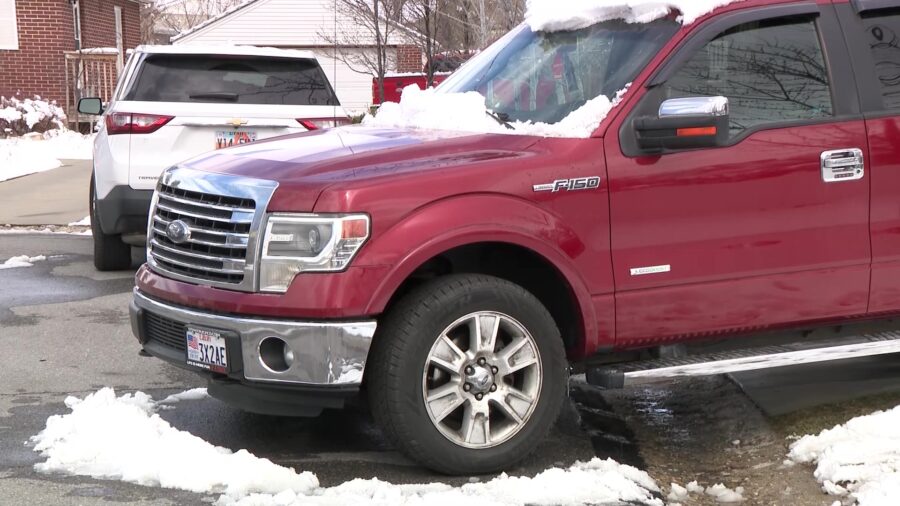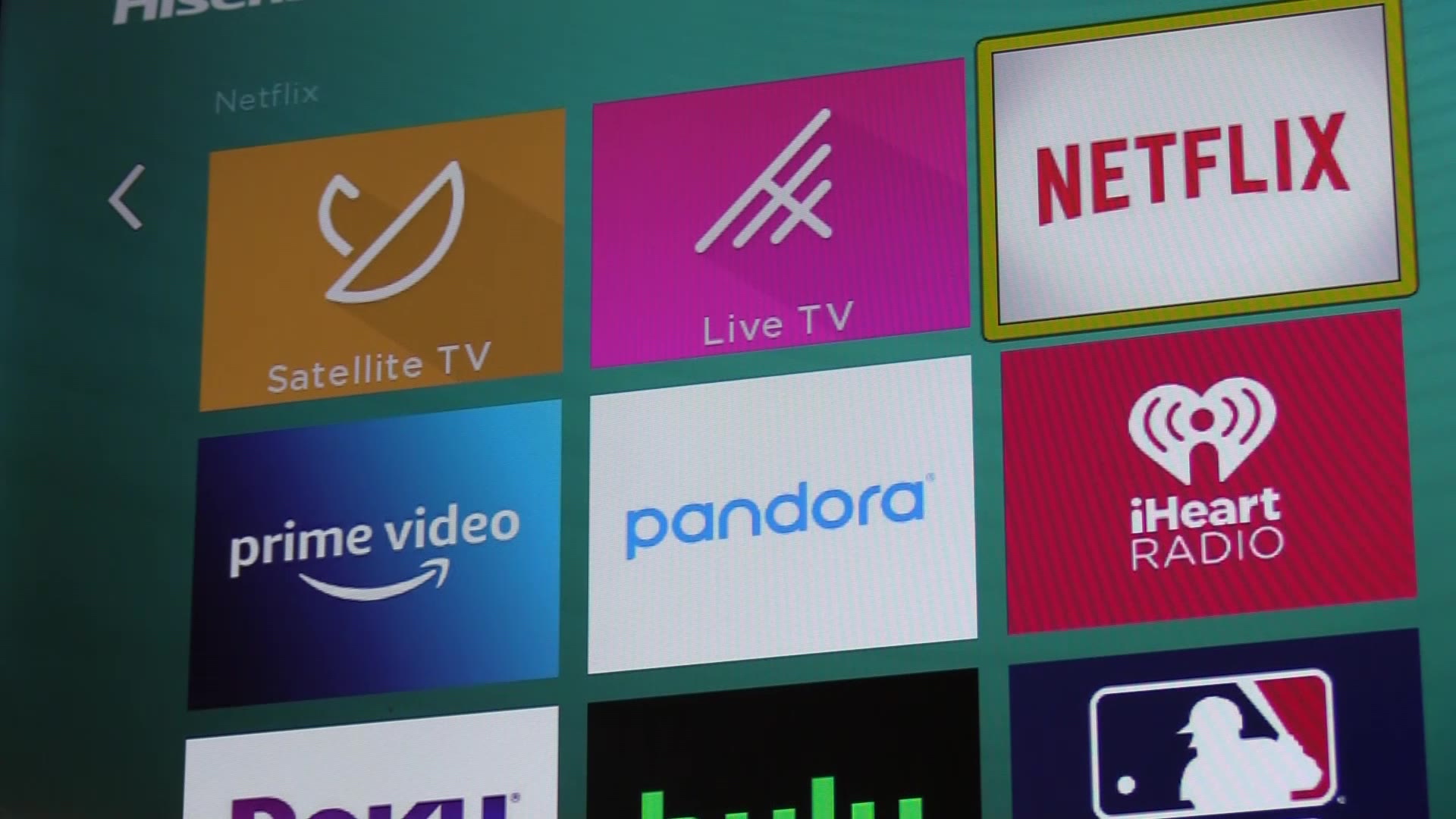Get Gephardt: Rideshare driver says company’s insurance refuses to cover her wrecked car
Nov 20, 2023, 10:52 PM | Updated: Nov 21, 2023, 6:33 am
CEDAR CITY — If you drive your car for work and you’re in a crash, can your insurance company refuse to pay? That’s the exact issue currently afflicting a Cedar City woman who decided it was time to Get Gephardt, and our Matt Gephardt began investigating.
The trouble for Tabitha Ventre started when she couldn’t see around a van parked on the street.
“I was pulling out of a parking lot,” she said, “I pulled up just a little more, stopped and that’s when I was hit.”
The hit caused $6,600 in damage.
The problem
Now Ventre has insurance but when she filed a claim, her insurance company shot her down.
“Because they said that I was ride sharing,” she says her insurer told her.
That’s right. Ventre makes extra money driving for Uber.
“I was on the app, but I didn’t have anybody in my car,” she explained.
Ventre’s insurance company told her that her policy doesn’t cover her when she’s driving for a rideshare company. Uber does provide insurance, but they also told her she’s on her own. Caught in a coverage gap between Uber and her personal policy, she contacted the KSL Investigators.
“That big gap arises a lot of times,” said Brent Thurman, principal agent at Keystone Insurance.
He says rideshare apps have three phases.
“There’s a Period One when you’re logged into the application, but you haven’t been assigned a job – you’re waiting for a job.” Thurman explained. “Period Two – you’ve clicked accept, ‘I want to take the ride’ and you’re on the way to pick up the person. And then the person comes in the car and then prior to them being dropped off, that’s Period Three.”
Phases of coverage
Now, Uber does provide drivers in Periods Two and Three with comprehensive and collision coverage. But Ventre was in Period One.
“They typically will not cover that comprehensive and collision in Period One,” said Thurman of rideshare companies.
Ventre only has liability, and that will not fix her car.
“Personal insurance policies, by default, are only going to want to cover personal use,” he said. “They’re going to default by excluding any business use at all.”
Thurman says when ridesharing first hit the scene, many insurance companies flat-out refused coverage, or it was significantly more expensive.
“Most drivers wanted to ride wanted to drive for Uber and Lyft had to get regular commercial policies like you would find with a taxi or limo type service,” he said. “And those are really pricey.”
But 10, 15 years later, there are countless affordable options available he says.
“If your agent doesn’t provide it, I would check around the market.”
As for Ventre, we also reached out to Uber. They would not comment on her situation, referring us to her personal insurance company.
“That puts me in a really bad spot,” she said.













